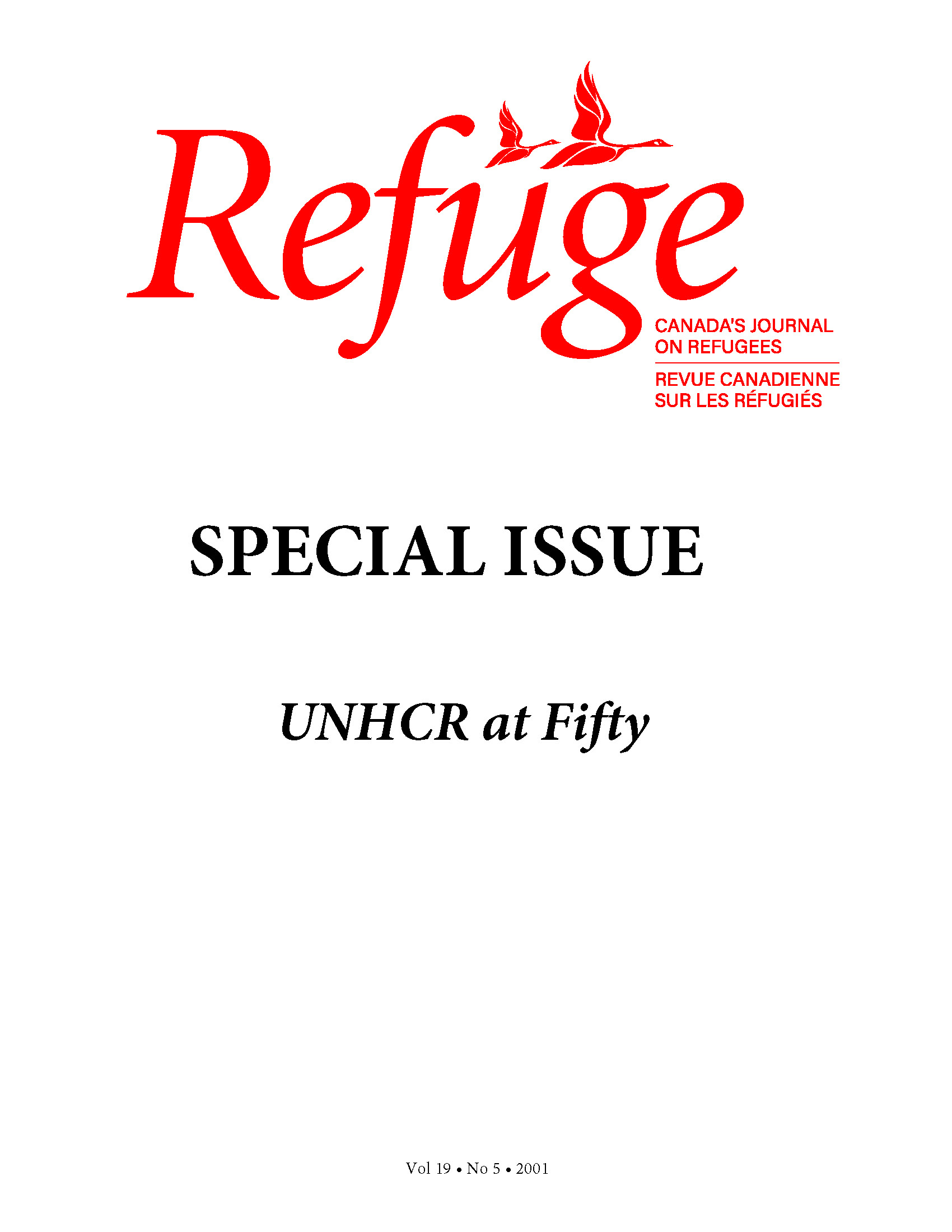South Asia and the Creation of the International Refugee Regime
DOI:
https://doi.org/10.25071/1920-7336.21228Keywords:
UNHCR, South Asia, India, Pakistan, refugee protection, forced migration, geopoliticsAbstract
This paper traces the initial interaction of the states of South Asia with the formalized international refugee regime, as embodied within the Office of the UNHCR. It explores the debates surrounding the creation of the Office and the 1951 Refugee Convention, and attempts to analyze the disillusionment felt by India and Pakistan with the outcome of these deliberations. Both these states arrived at the United Nations in this period with the burden of hosting up to 14 million Partition refugees weighing heavily on their inexperienced shoulders. Expecting that any international regime created for the relief of refugees would take into account this vast refugee crisis, India and Pakistan were disappointed to realize that cold war politics largely dictated the eventual outcome of the content of the Convention and the mandate of the UNHCR. Fifty years later, neither state has acceded to the 1951 Refugee Convention, preferring to interact with UNHCR on a strictly ad hoc basis. This paper argues that many reasons for the hesitancy with which these states approach UNHCR can be traced to their initial understanding of the mandate of the Office.Metrics
Downloads
Published
How to Cite
Issue
Section
License
Copyright (c) 2001 Pia Oberoi

This work is licensed under a Creative Commons Attribution-NonCommercial 4.0 International License.
Refuge authors retain the copyright over their work, and license it to the general public under the Creative Commons Attribution-Non Commercial License International (CC BY-NC 4.0). This license allows for non-commercial use, reproduction and adaption of the material in any medium or format, with proper attribution. For general information on Creative Commons licences, visit the Creative Commons site. For the CC BY-NC 4.0 license, review the human readable summary.








